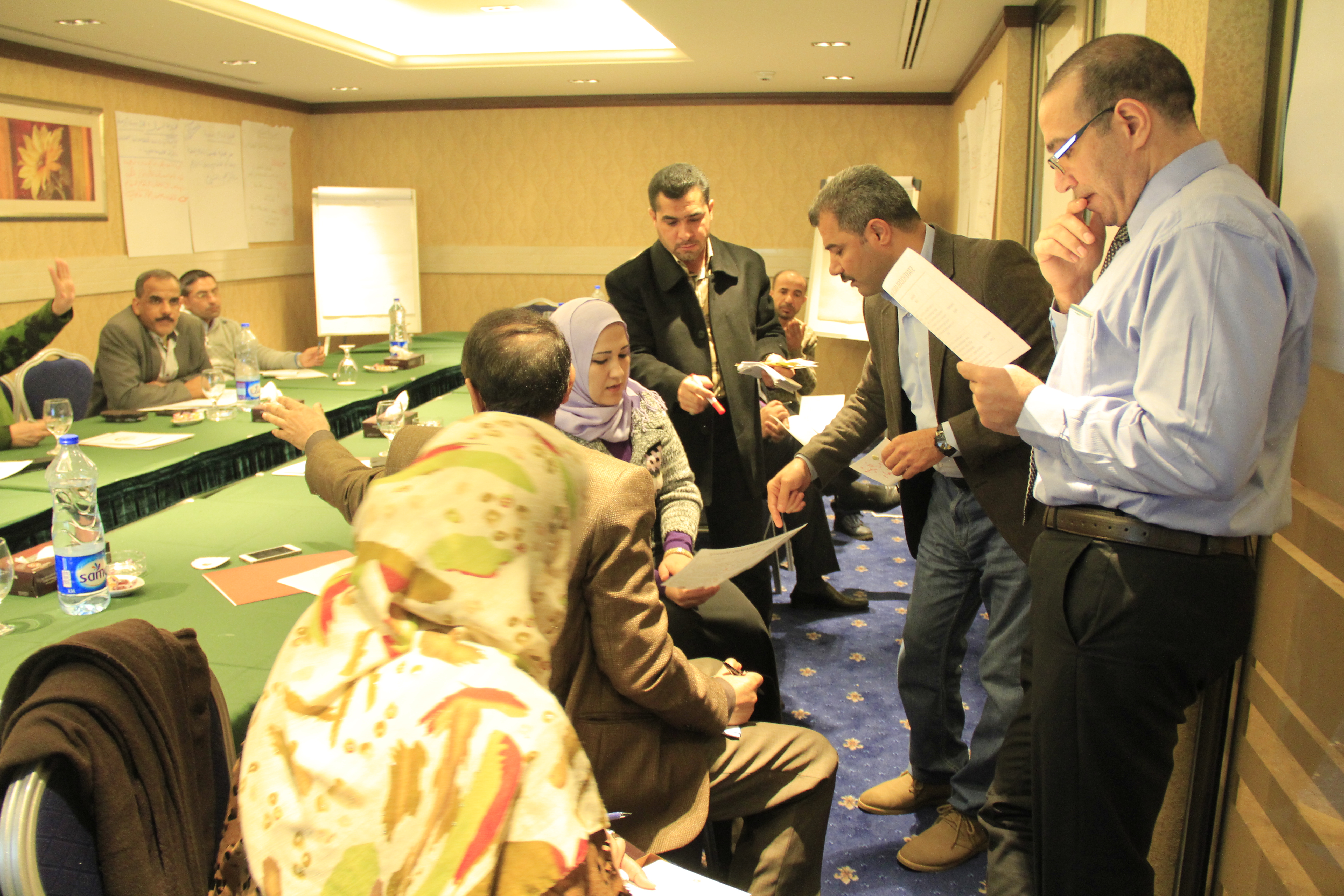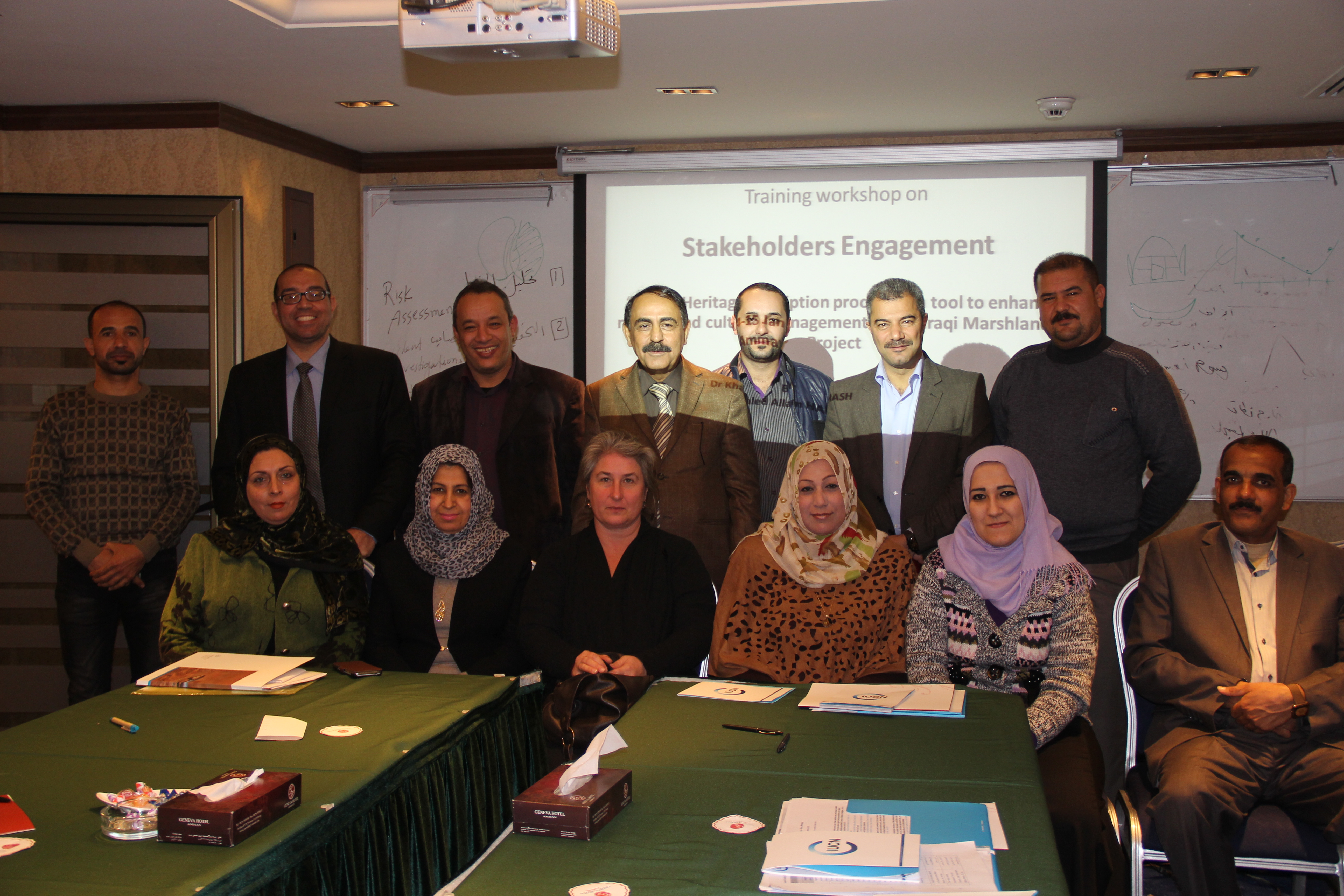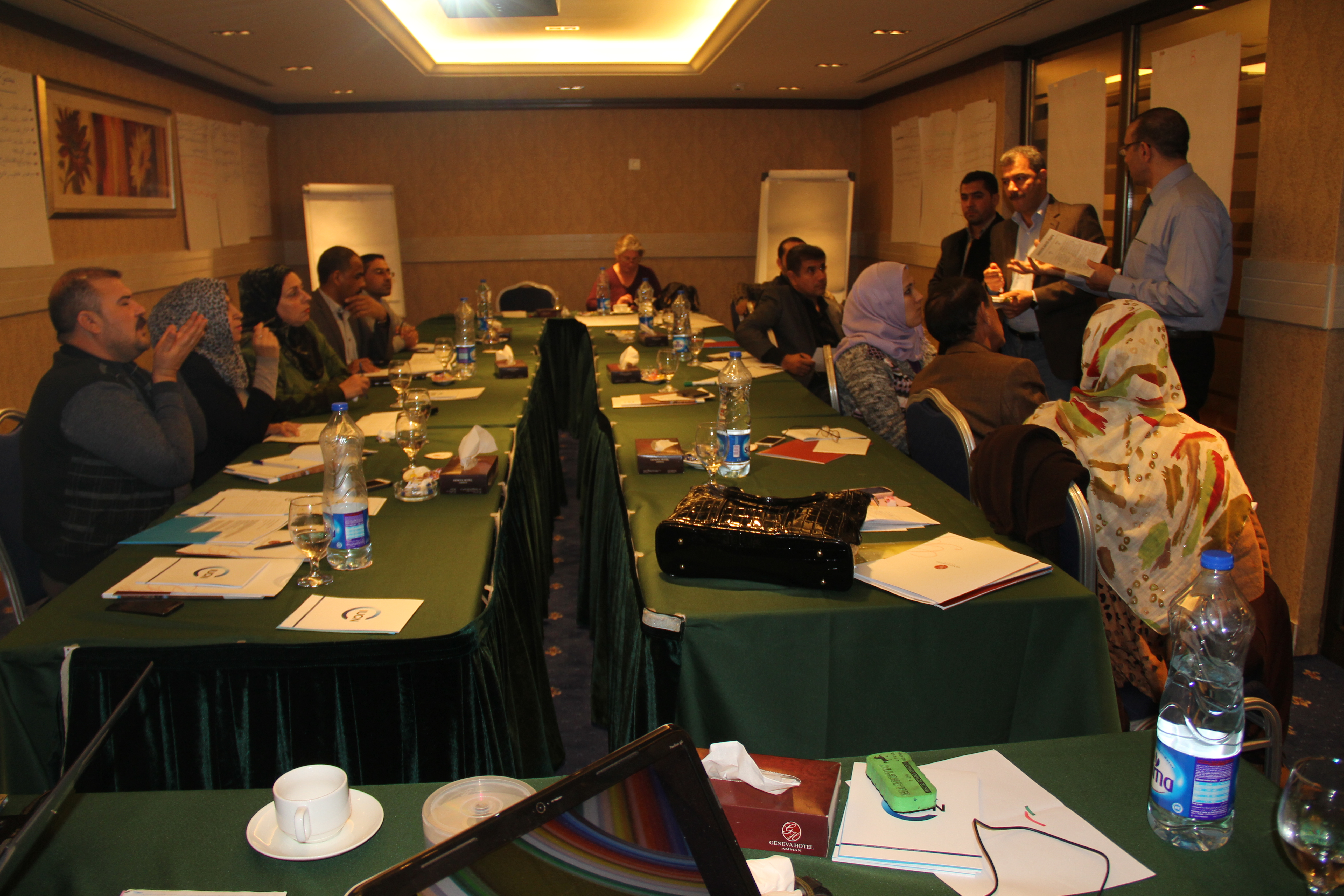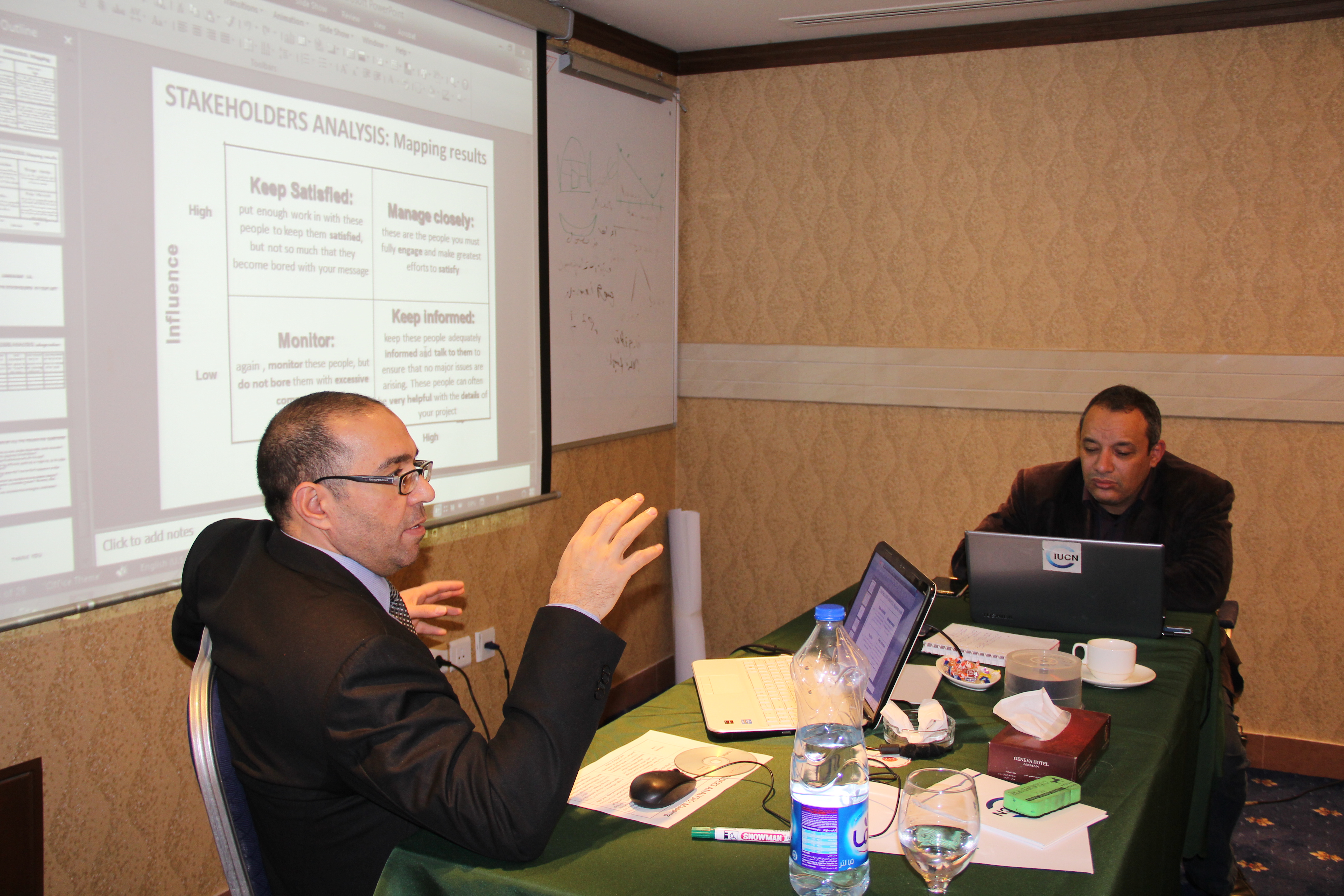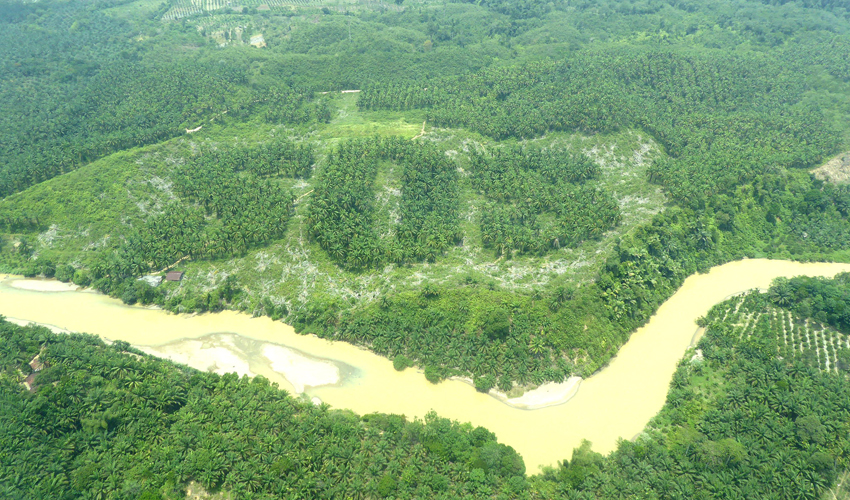Stakeholder Engagement Helps to Drive Long-term Sustainability
The International Union for Conservation of Nature – Regional Office for West Asia (IUCN ROWA) approach in the stakeholder engagement is to apply process which involves governmental and non-governmental institutions, who may be affected by World Heritage site declaration or can influence the implementation of the declaration.
The “World Heritage inscription process as a tool to enhance natural and cultural management of the Iraqi Marshlands” project will focus on developing a set of actions that will support the World Heritage Nomination file of the Iraqi Marshlands as a natural and cultural site.
Such a goal is to be attained through enhanced institutional and technical capacities for the implementation of the long term conservation and management plan of the Iraqi Marshlands, including an operational plan in line with the World Heritage Nomination File and World Heritage Center guidelines.
Achieving this goal needs to engage all the stakeholders in the conservation and management planning; therefore, various officers from different governmental institutions in Iraq were gathered in Amman on 13th – 14th January 2015 aiming at introducing them to the concept, principles and approaches relating to stakeholder engagement generally, and specifically in the context of the project.
The participants had the chance to understand the stakeholder engagement principles, methods and approaches as well as the benefits of stakeholder engagement for the efficiency of the management planning process and the management plan implementation.
They also helped in developing a stakeholder engagement plan for the project clarifying types of stakeholders, and allocating tasks along a time frame. This happened after they learned more about the four steps of the stakeholder engagement process, which are: Identify key stakeholders; Assess stakeholders' interests and the potential impact of these interests on the project; Assess stakeholders' influence and importance; and Outline a stakeholder participation strategy.
Stakeholder engagement provides opportunities to further align practices with societal needs and expectations, helping to drive long-term sustainability. Engaging stakeholders in the dialogue to find out what social and environmental issues matter most to them will improve decision-making and accountability.
For more information, kindly contact:
Hany El Shaer, Protected Areas, World Heritage and Biodiversity Programme manager at:
Hany.elshaer@iucn.org
